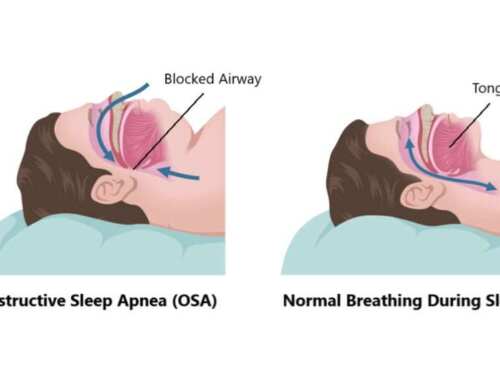Lack of sleep could be a factor in a “silent epidemic” experts warn
One in three Americans have the disease – which often has no symptoms
That is the headline today1 from an interview with Hanouneh and Kirkpatrick, authors of the new book “Regenerative Health: Discover Your Metabolic Type and Renew Your Liver for Life”. The epidemic they are referring to is non-alcoholic fatty liver disease (NAFLD) which affects anywhere from 25% to 33% of the population.
Most people with NAFLD have no symptoms at all until it is too late, though excessive fatigue, brain fog, and belly pain can be early warning signs. End stage complications often include cirrhosis or liver cancer. Heart attack, stroke, and Type 2 diabetes are also known to be risks associated with NAFLD.
The metabolic stress caused by lack of proper sleep is believed to be what ultimately leads to NAFLD and is so profound that even an otherwise healthy lifestyle is often insufficient to overcome it. This is just one more example of why good quality sleep is one of the core factors in a total-health lifestyle.
The good news is that NAFLD is mostly preventable and even reversable if caught early enough. Obviously, the first step in assuring that sleep deprivation is not increasing your risk is to put in the proper amount of bedtime – 7 to 8 hours. However, just because you’re in bed doesn’t guarantee that you are actually sleeping. And even if you are sleeping, that doesn’t mean that you are sleeping well.
Common warning signs of inadequate sleep include midday sleepiness, nodding off at the wheel, chronic fatigue, weight gain, pre- and type 2 diabetes, periodontal disease, and TMJD (temporomandibular joint dysfunction) with nocturnal tooth clenching or grinding.
Fortunately, if sleep dysfunction is suspected, relatively simple home sleep tests are now available to help diagnose and treatment plan. These may be accessed through a sleep physician, or through our own sleep clinic – Functional Sleep Medicine (FunSleepMed.com).
Next to inadequate time in bed, the most common cause of poor sleep is sleep apnea – restricted breathing usually due to a crowded airway. To understand how this happens, you might want to watch the video I have posted on that FunSleep website. As far as treatment is concerned though, CPAP (continuous positive airway pressure) machines are the typical way of managing this issue, with mandibular advancement devices (MAD) being a close second for mild to moderate cases.
From a functional root-cause perspective though, airway expansion, weight-loss, and good sleep habits are the best options. The problem with weight loss and poor sleep habits is that often sleep apnea was the original cause, so they all really need to be addressed at the same time. Until recently, the only option for actually correcting the root-cause structural issues causing crowded airways has been fairly involved oral-ENT surgery. Now though, we have the ability to gradually expand the airway with specialized dental appliances that restore the airway to its genetically intended dimensions. By doing so, by treating the root-cause, we are thus able to avoid perpetual dependance on CPAP or MAD intervention. (Once again, for why airways get crowded and how expansion works, I’m going to refer you to that video at FunSleepMed.com)
And now just last month the FDA approved the VIVOS Biomimetic Arch Expansion appliance for definitive treatment of not only mild and moderate sleep apnea, but for severe cases as well. This is a HUGE GAMECHANGER! Now even those with severe sleep apnea have a viable option to CPAP.
If you like your CPAP, absolutely stick with it. But if not, Vivos therapy is a great alternative to check out. And if you are not currently in sleep therapy but want to make sure you’re not at risk for NAFLD (or that lack of sleep is not contributing to other issues like weight gain, diabetes, high blood pressure, or memory loss), give us a call and we’ll set you up with a simple over-night at-home test to find out. Either way, we are here to help:)







